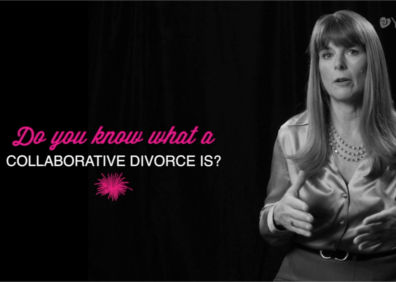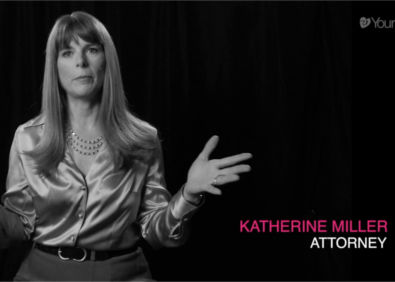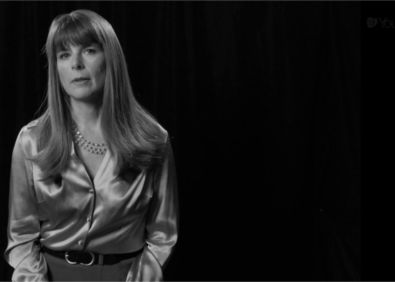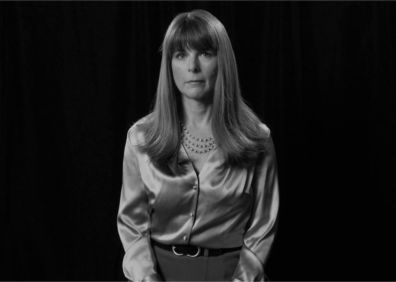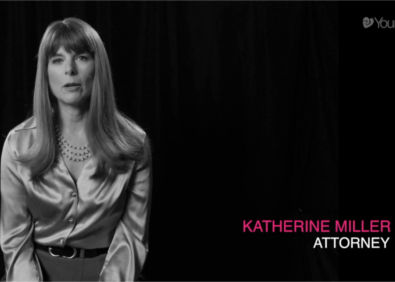Differences Between Mediation & Collaborative Divorce
People often wonder what the difference is between mediation and collaborative divorce.
Mediation Model
The difference is that in mediation, although the parties usually have attorneys, those attorneys in a family mediation rarely come into the room. Instead the parties discuss their situation with their attorneys outside the room, and work with a neutral facilitator – the mediator in order to identify, discuss, and hopefully ultimately resolve the issues that they face.
Collaborative Model
In a collaborative divorce there is no neutral facilitator. Instead, the attorneys hold that mediative role and together try to help the parties identify what’s important to them, identify the issues that they face , and work through the issues in order to resolve the situation that they are in in ultimately working towards a divorce.
In the collaborative model, it’s very common to work with non-lawyyer professionals, met health professionals who work as child specialists or divorce coaches to help with the communication and the dynamic issues that come up between people when they’re angry, and they fight, and all that sort of stuff. And also with financial specialists who can help us focus on the finances of the people and help us identify options. It’s less common to work with the non-lawyer professionals in the mediation setting but it is also a possibility.
This is Katherine Miller. Thanks for watching Your Tangos Quickies. Connect with me at yourtango.com/expert/katherine_miller. I’d like to help you negotiate a good divorce. Visit me online at kem-law.com.
By: Katherine Miller

